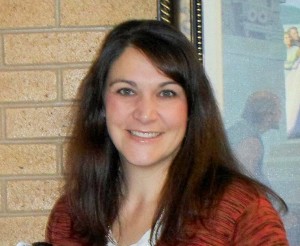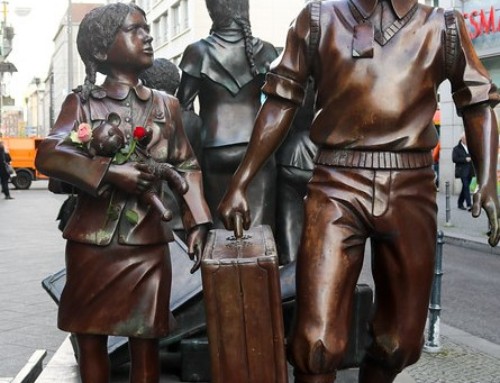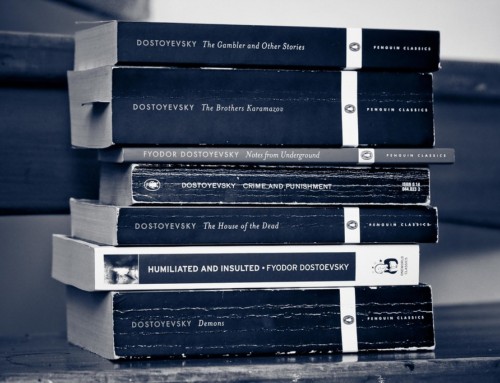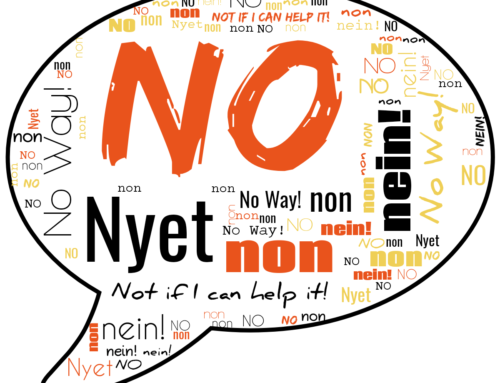I’ve got a fat book on my nightstand. I skip out on sleep and maybe dusting certain bookshelves to dedicate time to finishing this book, but it’s gonna be awhile. It’s a famous author’s first effort and, if you’ve hung around here long, you know I’m trying to catch up on my famous authors. Hopefully, we can talk about it next week.
So, in honor of last week’s book, Sweet Promised Land, we’ll talk about the Basque people some more.
I just happen to know a Basque person, even though she modestly admits that she’s only half-Basque.
Candice’s grandfather, Alejandro, grew up in the Basque homeland, the eight-province region that straddles the border of France and Spain. A bright young man, he graduated from university at age 17. As a sign of honor, his friends began to call him Don Alejandro, but this tag, as well as other parts of European culture, annoyed him. He made plans to come to America.
Landing in America, knowing no English, he boarded a west-bound train. He traveled to Idaho and joined the Basques already settled there.
The mountainous Old Country these people left behind never made for suitable farmland. That’s where they picked up their sheepherding ways, bringing them across the ocean. Sheepherding was a way to gain a foothold in the new country, a way to gather with people who shared their difficult language.
Candice says they prospered enough to own a few nice things, to not have to worry excessively about money.
If you’re out West, you can sample Basque culture at one of their festivals. Be prepared to join their circle dances, because Candice says they like to pull in their audience. You might loosen your inhibitions with a drink or two, in which case you will fit in right in with the loud, partying Basque culture. But before you get too far gone, you can practice your moves with this video.
You may not get far learning their language, though. According to Laxalt’s book, the devil tried to learn it so he could tempt them, but he had to give up. Therefore, no Basques go to hell.
It’s one of the world’s most unusual languages, classified as a “language isolate,” meaning that it has no lingual relatives. (Spanish-speakers might understand Italian because the two are related, classified as Romance languages; Norwegians might understand German, etc.) Nobody knows from whence the Basque people sprang.
Candice herself signed up for a college course in Basque, but the school canceled it due to a lack of interest.
She visited the Spanish side of the old country during her college years. All the street signs appeared in both Spanish and Basque. The Basque words were longer than the Spanish words, and we all know that Spanish can string itself out pretty long.
I mentioned the deliciously full-bodied Basque surnames last week. Watch the credits on the video above and you’ll get an idea of what I mean.
I should offer you Basque leg of lamb or a nice Chorizo sausage recipe. Yes, I have seen the bumper stickers that say —
Eat more lamb.
10,000 coyotes can’t be wrong.
—but I’m a chicken, burger and pork kind of gal. This Stromboli Ladder Loaf is about as spicy as I can stand.









Ah…what a pretty Basque representative you selected for your post. I learned new things about her heritage!
She is a great representative, isn’t she?